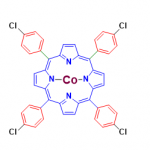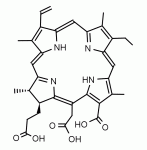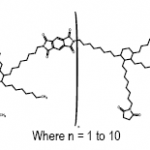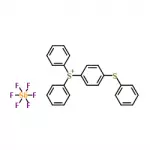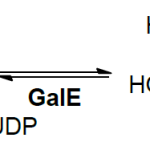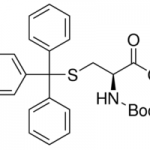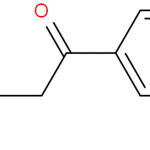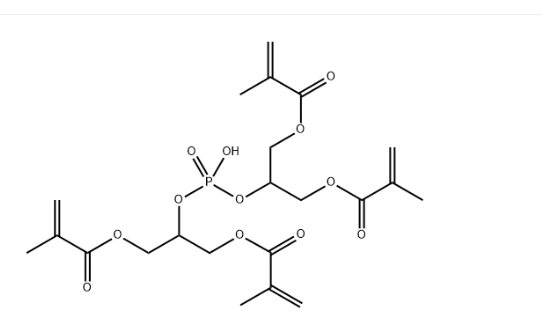
Identification
CAS Number
168191-79-5
Name
Bis-GDMAP/Bis(Glyceryl Dimethacrylate) Phosphate
Synonyms
METHACRYLIC ACID PHOSPHINICOBIS(OXY-2,1,3-PROPANETRIYL) ESTER;Bis(4-Cumylphenyl) Iodonium Tetraphenyl Borate
Molecular Formula
C22H31O12P
Molecular Weight
518.45
Properties
Appearance
Clean/Clear
Structure
Structure of Bis-GDMAP/Bis(Glyceryl Dimethacrylate) Phosphate CAS 168191-79-5
Safety Data
Signal Word
Warning
WGK Germany
3
MSDS Download
Specifications and Other Information of Our
Identification Methods
HNMR, HPLC
Color (Hazen)
100max.
Acid Value(mgKOH/g)
130~170
Phosphoric acid (wt%)
4.00max.
Viscosity (mPaS)
11000~15000
Density (g/ml)
1.150~1.250
Refractive Index
1.4700~1.4800
Moisture (wt%)
0.2max.
Inhibitor (MEHQ ppm)
400~800
Shelf Life
1 year
Storage
Store at room temperature for long time
Known Application
Bis(Glyceryl Dimethacrylate) Phosphate is an important component of composite resin. Bis(Glyceryl Dimethacrylate) Phosphate can undergo polymerization reaction with other monomers (such as methacrylates, HEMA, etc.) to form dental composite resins. These composite resins are commonly used for repairing tooth defects, making dental crowns, bridges, etc. They exhibit good biocompatibility and plasticity, allowing them to mimic the color and shape of natural teeth.
And Bis(Glyceryl Dimethacrylate) Phosphate is also used in the preparation of dental adhesives. Dental adhesives are materials used to bond restorations (such as composite resin fillings, ceramic veneers, metal crowns, etc.) to the tooth surface. As one of the monomers in adhesive formulations, Bis(Glyceryl Dimethacrylate) Phosphate can undergo adhesive reactions with the tooth surface and the restoration surface, forming strong bonds.
Bis(Glyceryl Dimethacrylate) Phosphate can be used to adjust the optical properties of composite resins. By adjusting the content and formulation of Bis(Glyceryl Dimethacrylate) Phosphate , the refractive index and transparency of the composite resin can be altered, allowing for better integration with the surrounding tooth structure and improving the aesthetics of the restoration.
General View of Documents
Links
This product is developed by our R&D company Warshel Chemical Ltd (https://www.warshel.com/).
Quick Inquiry
Fill out our inquiry form and one of our experts will be in touch with you shortly.

